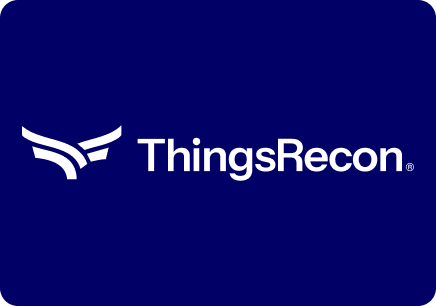The EU’s Digital Operational Resilience Act (DORA) goes beyond cybersecurity to include every ICT-related disruption that could impact financial stability: from ransomware to outdated third-party infrastructure.
Unlike broader frameworks like NIS2, DORA is laser-focused on the financial sector and its critical ICT providers. That means even if you’re not a regulated entity, your business may be pulled into scope via the services you provide or rely on.
To comply with DORA, organisations must establish a digital operational resilience strategy grounded in five core pillars:
- ICT Risk Management
- Incident Reporting
- Digital Operational Resilience Testing
- ICT Third-Party Risk Management
- Information Sharing
Why DORA Matters for Security Leaders
Operational resilience beyond cyber risk
DORA broadens the scope beyond traditional cybersecurity. It covers ICT disruptions from human error, third-party outages, and even natural disasters. The goal is to ensure your essential services stay available, no matter the source of disruption.
Financial Entities + ICT Providers Are In Scope
Banks, insurers, crypto service providers, and investment firms are all directly impacted. But so are their critical ICT partners. If you provide core infrastructure or services, you’ll need to demonstrate resilience, not just promise it.
ICT Risk Management Must Be End-to-End
DORA requires a formal framework across five pillars: Identification, Protection, Detection, Response, and Recovery.
This means ongoing visibility into your own infrastructure and your digital supply chain during onboarding, followed by continuous monitoring, and safe offboarding.
Incident Reporting Deadlines Are Tight
Major incidents must be classified and reported to regulators quickly. This demands automated detection, pre-mapped response plans, and clear workflows that span internal teams and third-party vendors.
Mandatory Threat-Led Pen Testing
For many in-scope entities, DORA mandates threat-led penetration testing like TIBER-EU. Security leaders will need to facilitate (and withstand) realistic simulations of complex, cross-supply-chain attacks.
Third-Party Oversight Is Non-Negotiable
Supervisory authorities can now directly assess ICT providers, which means your customers will expect proof of operational resilience. Transparency, continuous monitoring, and response readiness are no longer optional.
Information Sharing Is Encouraged
DORA encourages a community approach, from cyber threat intelligence sharing to collaborating with peers and regulators. This creates a new expectation for openness and proactive disclosure.
How ThingsRecon Supports DORA Compliance
At ThingsRecon, we help you uncover what you’re connected to, and how it could impact you. We map your attack surface by looking beyond surface-level assets, into domains, scripts, IPs, APIs, certificates, and more.
Our platform supports DORA compliance by delivering:
• Attack Surface Discovery: Mapping external digital assets, cloud services, and infrastructure across your business and supply chain.
• Supply Chain Visibility: Detecting third-party, shadow IT, and inherited risk, even when it's outside your direct control.
• Context & Prioritisation: Not all risks are equal or would have the same impact on your business if they materialised. We show you what matters most based on exposure and digital proximity: how close an asset is to your core systems.
• Evidence for Testing & Response: We provide the foundational visibility needed to prepare for threat-led pentesting and report to regulators.
• Proactive Risk Validation: Discover outdated services, abandoned suppliers, or misconfigured assets before attackers do.
Where to Start Preparing for DORA Compliance
- Assessing whether your clients or services fall under DORA’s scope
- Strengthening operational resilience beyond IT, integrating business continuity, recovery, and cybersecurity into one ecosystem
- Rethinking how you manage and monitor ICT third parties, both as a provider and consumer
DORA Compliance is a Mandate, But It’s Also an Opportunity
Security leaders now have a chance to reframe resilience from a compliance checkbox into a competitive differentiator.
Whether you’re a financial institution, a critical ICT provider, or somewhere in between, DORA expects evidence, not assumptions. And that starts with knowing what you’re exposed to.








